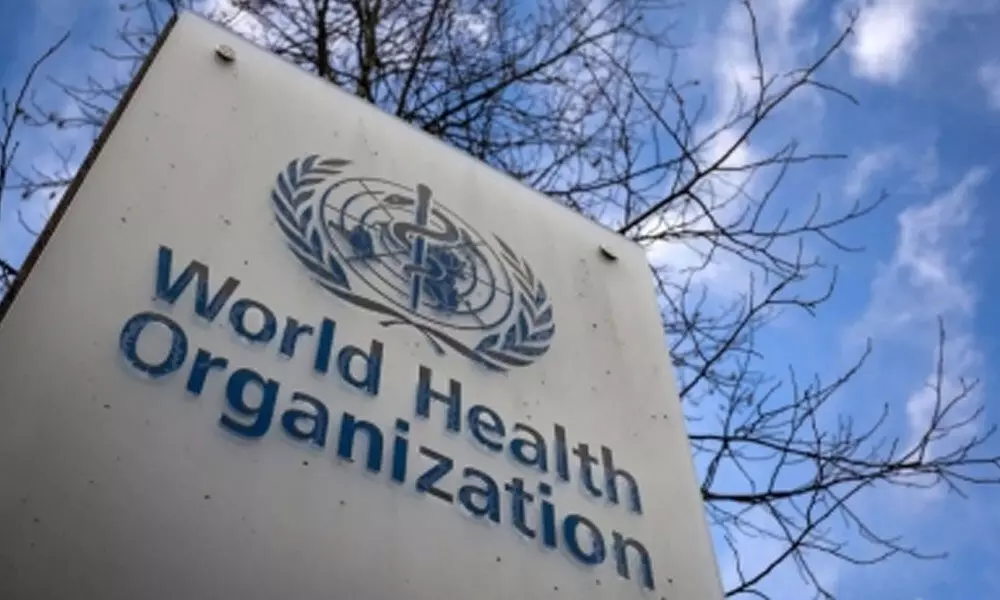No guarantee that future Covid variants will be less severe: WHO

World Health Organization
The next Covid-19 variant that will rise will be more contagious than Omicron, but there's no guarantee that the future strains will be milder, the World Health Organization said.
Geneva: The next Covid-19 variant that will rise will be more contagious than Omicron, but there's no guarantee that the future strains will be milder, the World Health Organization said.
According to Maria Van Kerkhove, WHO's Covid-19 technical lead, the real question scientists need to answer is whether or not it will be more deadly, CNBC reported.
Last week, about 21 million Covid cases were reported to the WHO, setting a new global record for weekly cases from the rapidly spreading Omicron variant, Van Kerkhove said on Tuesday.
While Omicron appears to be less virulent than previous strains of the virus, the sheer volume of cases is crushing hospital systems in many countries.
"The next variant of concern will be more fit, and what we mean by that is it will be more transmissible because it will have to overtake what is currently circulating," Van Kerkhove said.
"The big question is whether or not future variants will be more or less severe."
She warned against buying into theories that the virus will continue to mutate into milder strains that make people less sick than earlier variants, the report said.
"There is no guarantee of that. We hope that that is the case, but there is no guarantee of that and we can't bank on it," she said, noting that people should heed public safety measures in the meantime.
"You won't have to wear a mask forever and you won't have to physically distance, but for now, we need to keep doing this," Van Kerkhove said.
Moreover, the next variant of Covid may also evade vaccine protections even more, making the existing vaccines even less effective.
According to Dr Mike Ryan, WHO's director of emergency programmes, the virus will continue to evolve before it settles into a pattern. He said it will hopefully settle into a low level of transmission with potentially occasional epidemics. It could become more seasonal or may only affect vulnerable groups, the report said.














